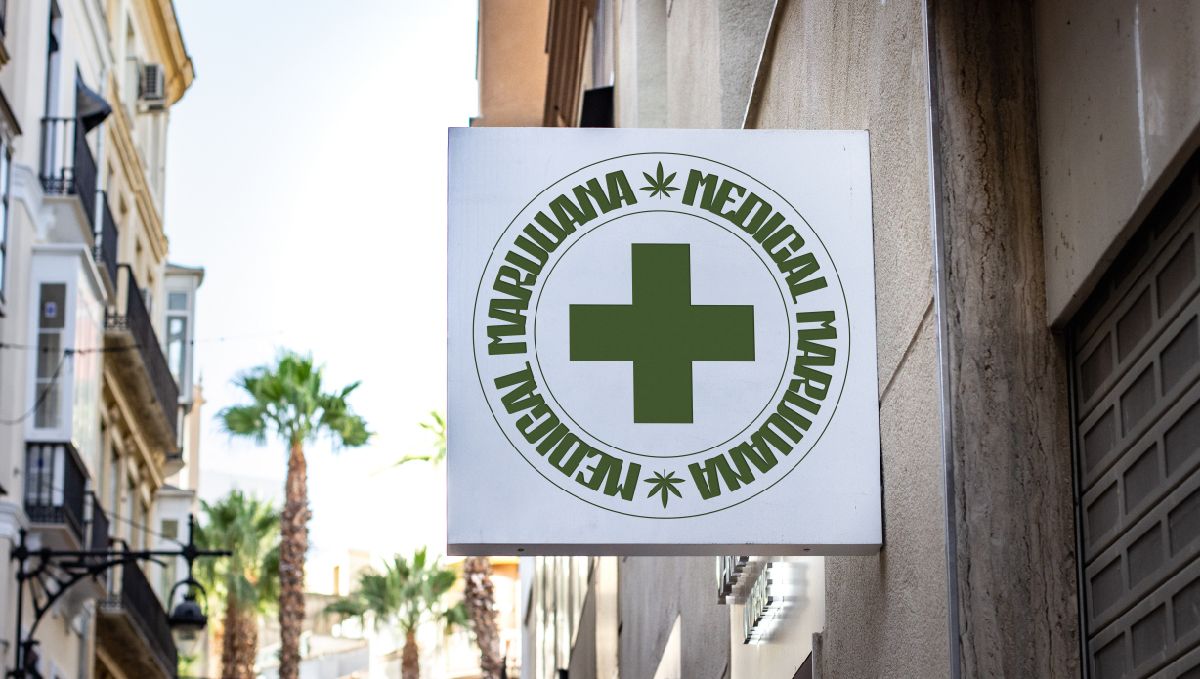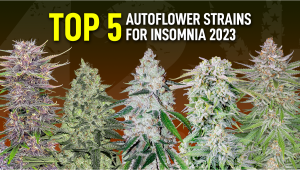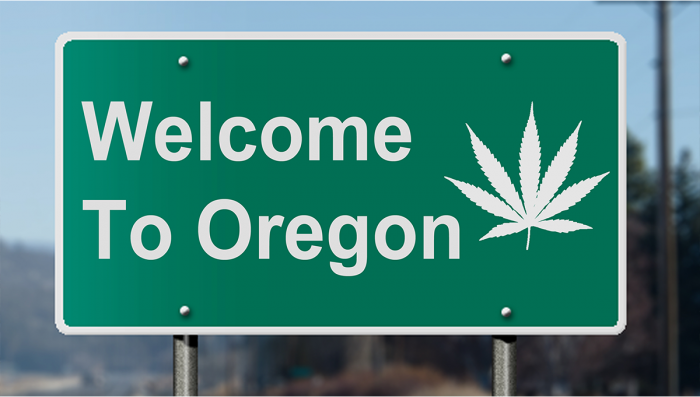Weed in Hawaii: Cannabis Legal Status Guide

- 1. Some marijuana use statistics
- 2. Medical marijuana legalized in hawaii
- 2. a. Medical marijuana laws
- 2. b. What one needs to register in hawaii’s medical marijuana program
- 2. c. Rules for out-of-state medical patients
- 2. d. Can minors get a medical marijuana card in hawaii?
- 2. e. Buying medical cannabis from a dispensary
- 2. f. Personal cultivation of medical cannabis in hawaii
- 2. g. Where is it safe to consume medical marijuana in hawaii
- 3. Legalization efforts: a mixed bag so far
- 4. Recreational cannabis in hawaii: what is decriminalized and what isn’t?
- 5. Conclusion
Hawaii is yet another tropical paradise that seems almost perfect for cannabis cultivation, and the archipelago’s seemingly laidback lifestyle makes one think that both locals and tourists consume this substance in larger quantities than anywhere else in the nation. It’s not quite the case, but weed is still very popular on the islands, making the question of its legality a rather pressing concern.
Some Marijuana Use Statistics
The stats on adult marijuana use in Hawaii aren’t easily available, but the prevalence of consumption by high-school students has been studied. The use peaked in 1996 and then steadily declined, following the same pattern as the rest of the US. To this day, Hawaiian high-school students consume cannabis at a slightly lower rate than their counterparts in other states – 44% vs 46% of lifetime use among the 12th graders. Natives and Whites report significant consumption levels – 58% and 56% of students in the 12th grade respectively – while such minorities as Filipinos, Japanese, and Chinese report much less use (36%, 31%, and 20% respectively).
Medical Marijuana Legalized in Hawaii
The state of Hawaii was among the first in the country to greenlight medical marijuana reform, while the efforts to legalize adult recreational use on the islands have so far been unsuccessful.
Medical Marijuana Laws
Hawaii passed the law allowing medical use of cannabis in 2000, making it the 8th American state to do so. Act 228, signed into law by the then governor Ben Cayetano, allowed medical patients to grow their own medicine or designate a caregiver who would do that on their behalf. It’s also interesting that it was the first initiative of this kind that was enacted by representatives and not by a popular vote – unlike other states, starting with California in 1996.
At first, the medical marijuana program in Hawaii was very limited in scope, as there was only one way for registered card holders to obtain their medicine – through personal cultivation. Only in 2015, the legislation was extended and established guidelines for the creation of a legal market for medical marijuana.
In 2016, the state allowed the opening of 8 medical marijuana dispensaries – one for each major island in the archipelago – and in 2017, the first legal say to a patient was made.

What One Needs to Register in Hawaii’s Medical Marijuana Program
To register as a medical marijuana patient in Hawaii, one needs to visit the official website of the state’s Department of Health and apply for a 329 registration card. The patient needs to provide a valid recommendation from a licensed physician or an Advanced practice registered nurse who state the reason why the patient is eligible – because they think medical marijuana may benefit their condition.
The eligible conditions in the state of Hawaii at the time of the writing are:
- Positive HIV status or AIDS
- Cancer
- Glaucoma
- PTSD
- Epilepsy
- Multiple Sclerosis
- Rheumatoid Arthritis
- Lupus
- Amyotrophic Lateral Sclerosis
This isn’t an exhaustive list of illnesses, for which a doctor may recommend medical cannabis in Hawaii. The criteria may include the following symptoms and syndromes:
- Cachexia or wasting syndrome
- Severe pain
- Severe and persistent muscle spasms
- Severe nausea
- Seizures*
| *Please note that this is by no means medical advice to self-administer cannabis. However, if you're a resident of Hawaii and have one of the conditions on the list, you may speak with your doctor about trying cannabis to treat the disease or its symptoms. It's up to the medical professional to decide if the use of medical marijuana in your case is warranted. |
The list of qualifying conditions isn’t set in stone, as it just started with four and the rest were added later. Patients who fail to find their condition on the list, may file a petition and the Department of Health will review it. There’s no guarantee that the petition will be approved. Some have been rejected.
Rules for Out-of-State Medical Patients
Registered medical marijuana holders from other states, while planning their trip to Hawaii, can apply for a temporary out-of-state (OSP) card. They can do it online, providing information on their valid card and driver’s license or other ID issued by the same state where they have obtained their MM card. The condition, from which they suffer, must also be present on the list of eligible conditions (see above). The OSP card will be valid for 60 days from the day it was issued.
In both cases (in-state and out-of-state), Hawaii’s Department of Health promises to review the application and issue the card in a timely manner so that the patient can begin or continue with their treatment as soon as possible.
Please also note that MMC holders from other countries can’t apply for a Hawaiian temporary card just yet.
Can Minors Get a Medical Marijuana Card in Hawaii?
Technically, you must be over 18 to be able to apply for a 329 card. However, minors can still get one with the consent of their legal guardians (usually, parents). Legal guardians will also act in the role of a caregiver for the child. Generally, a patient may have only one caregiver, but minors can have two.
By the way, while caregivers can legally handle medical marijuana meant for their patients, such as buy, possess, transport, and even cultivate it, they have no legal right to use it.
Buying Medical Cannabis from a Dispensary
A registered medical patient can buy medical marijuana in any of Hawaii’s 8 dispensaries by producing their 329 card and a valid ID, such as a driver’s license. However, please note that inter-island transport of medical marijuana is prohibited in Hawaii, meaning that you can’t buy your medicine on one island and carry it to another.
Personal Cultivation of Medical Cannabis in Hawaii
Having a 329 card gives the patient or their caregiver the right to grow up to 10 plants. The plant is a plant at any stage of maturity, so that a clone or a small seedling is also considered a plant. Only one person, whose name is on the card, can care for or harvest the plants. Besides, they all should grow in one location that the card holder owns and controls. Growing on another’s property is against the law. Every plant in the garden should have a tag attached to it, stating the card holder’s registration number and its expiration date.

Where Is It Safe to Consume Medical Marijuana in Hawaii
Let’s start with a warning for those who prefer to smoke or vape their medicine – all “smoke-free” rules apply to medical cannabis the same as tobacco. If your hotel or apartment building declares a smoke-free footprint, you’re out of luck. Fortunately, there are other forms of ingestion, and for those, the rules are a bit laxer.
However, open display of medical marijuana products and their use in public, including a moving vehicle, are prohibited. Whenever you have medical cannabis on your person in a public place, it must be in a sealed container and you cannot open it.
Legalization Efforts: A Mixed Bag So Far
Historically, the majority of successful cannabis legalization attempts were achieved through ballot measures. However, in Hawaii, only constitutional amendments can be put to vote in popular referendums and the rest of the laws are passed by the legislature. This means that going forward, Hawaiians need to rely on their elected representatives to legalize recreational cannabis.
The first initiative of this kind was debated in 2019 but rejected. The next year, however, another bill that sought to decriminalize possession of small amounts of cannabis became law, although the governor didn’t actually sign it. The efforts to legalize the adult use of cannabis continue, and the issue was debated again in 2024 but died in the House of Representatives as its Finance Committee refused to deliberate on the matter.
Recreational Cannabis in Hawaii: What is Decriminalized and What Isn’t?
Since 2020, possession of up to 3 grams of marijuana by anyone who isn’t a registered medical marijuana patient is only a violation punishable by a fine. Possessing any amount of concentrates, such as hash, on the other hand, can still land you in jail. Marijuana use paraphernalia, such as bongs, continue to remain outlawed. In the tale below, we have compiled some of the low-level offenses:
| Offense | Fine | Maximum Jail Time |
|---|---|---|
| Possession of Dry Flowers | ||
| Up to 3 g | $ 130 | None |
| 3 g - 1 oz | $ 1,000 | 30 days |
| 1 oz - 1 lb | $ 2,000 | 1 year |
| 1 lb or more | $ 10,000 | 5 years |
| Possession of Hash & Concentrates | ||
| Up to 1/8 oz | $ 2,000 | 1 year |
| 1/8 - 1 oz | $ 25,000 | 10 years |
| Marijuana Use Paraphernalia | ||
| Possession, Use, or Sale | $ 500 | None |
| Delivery to a minor at least 3 years younger | $ 25,000 | 5 years |
| Cultivation | ||
| Less than 25 plants | Possession rules apply (see above) | |
| 25 - 50 plants | $ 10,000 | 5 years |
Conclusion
While not exactly at the forefront of America’s cannabis legalization movement, the state of Hawaii is gradually overcoming the legacy of decades of cannabis prohibition. It has already created a medical marijuana system that is functional and accommodating to both in-state and out-of-state patients. If you plan a trip to this beautiful tropical paradise and your medical condition requires cannabis use, you can get a temporary card hassle-free.
As for recreational use, it’s almost like anywhere else in the country where adult-use laws haven’t been passed yet – everybody does it, but in doing so, they break the law and risk repercussions. We advise staying on the safe side and away from trouble. Bon voyage!












Comments